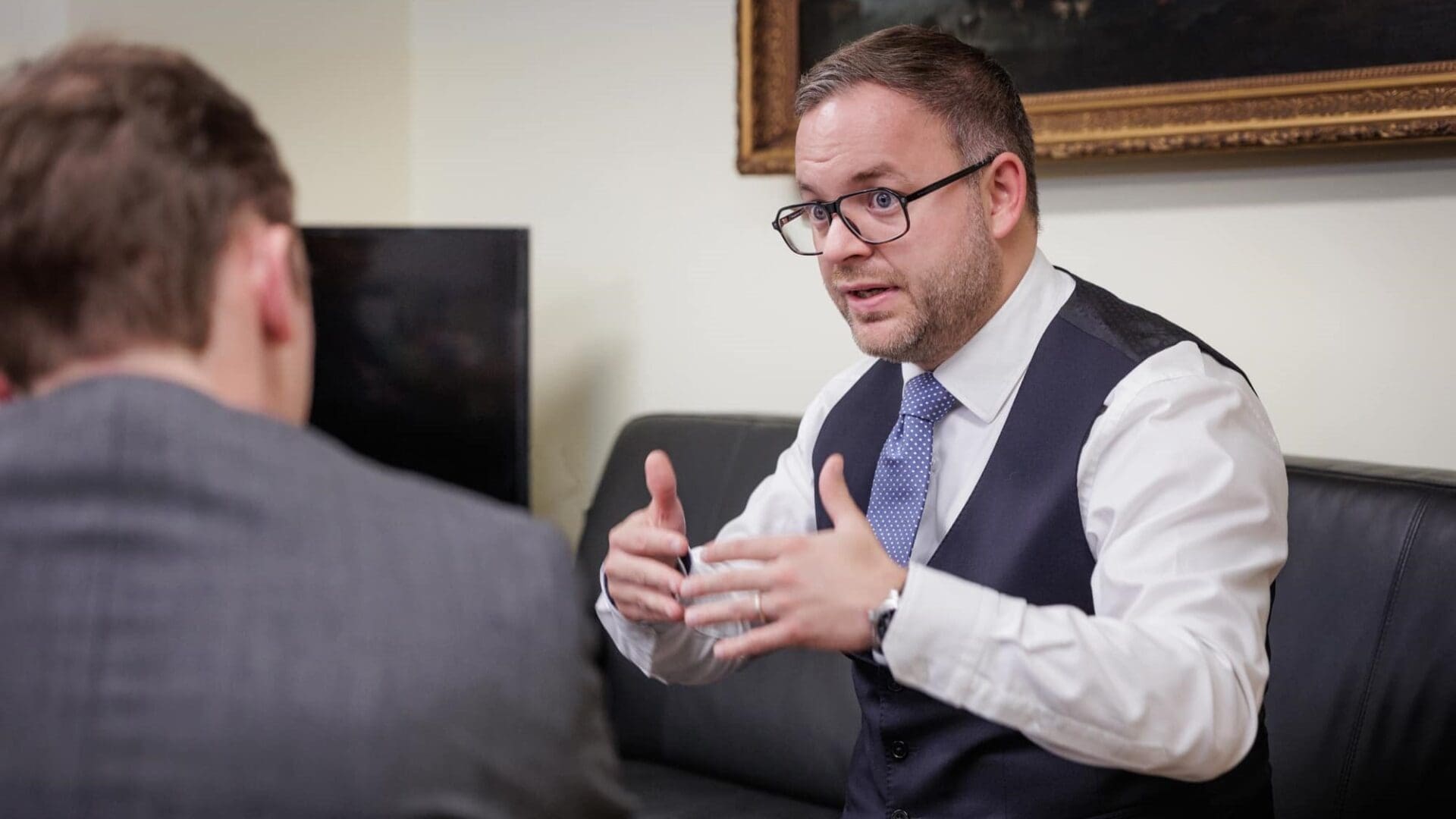Hungary’s strengthening over the past decade has created an opportunity for the country to make a great leap forward in the coming decades and truly join the ranks of developed nations or achieve regional middle-power status. However, to do this, Hungary must be able to withstand the resurgence of Cold War logics, emerging hostilities related to the rearrangement of the world, and strategic pressures built on economic disconnections, Balázs Orbán, the Prime Minister’s political director, told Hungarian public media in Paris on Thursday.
‘We need an economic strategy based on connectivity. We must be open to new technologies and make Hungary a meeting point in economic, cultural, and political terms. From this, we must gather the economic driving force that will truly make us successful in the coming decades,’ he emphasized, adding that part of this strategy is prioritizing Hungarian identity and national interests.
Balázs Orbán presented the French version of his book The Hungarian Way of Strategy
at a roundtable discussion organized by the Hungarian consulate in Paris. The second part of the book, focusing on economic issues, is expected to hit the shelves before Christmas. While the first volume was originally intended for a Hungarian audience, Balázs Orbán mentioned that there has been growing interest in the book abroad. The book has already been translated into English, Polish, Italian, French, and German, and a Spanish version is planned for the near future.
‘I find that people in all cultural spheres want to connect with what is written in the book. In conservative right-wing and classical liberal circles, where preserving national identity is important, they still look at Hungary as an example, even though my book is about the fact that there is no one-size-fits-all approach, and everyone must find their own path. Nevertheless, they want to draw inspiration from this story,’ he noted.
The fundamental premise of The Hungarian Way of Strategy is that after more than a thousand years, ‘it is now time for Hungary to finally regain its sovereignty and be responsible for its own decisions,’ reminded Balázs Orbán. ‘Despite opposing opinions from various points of view, now is the time, place, and responsibility to formulate our own strategy, which by definition should not be the same as the strategy of other countries.
This strategy must be built on our own history, cultural traditions, and geopolitical circumstances,’
he added.
‘It is important that while we may be alone, we are not lonely,’ he emphasized. ‘Although we feel the pressure from giants in debates with Brussels and major Western power centres and have to defend ourselves against Goliaths, it is clear that there is a substantial layer in every country, including France, with a strong conservative ideology that thinks similarly and envisions the foundations of successful policy in much the same way as the Hungarian right-wing conservative Christian democratic government does.’
Regarding the assessment of the situation in France by French intellectuals during the roundtable discussion, Balázs Orbán highlighted that in France, there is also considerable uncertainty, scepticism, and frustration regarding Europe’s sovereignty and strategic autonomy. According to the Hungarian perspective, whether in the context of the Russo-Ukrainian war or in the geopolitical competition and maintaining economic ties with China,
Europe is not in control of its own destiny and is pursuing policies influenced by external forces,
which is not in Europe’s best interest. He believes that this viewpoint aligns well with the French approach, and he hopes that strong intellectual bases for thinking about Europe’s future can be found in Europe. He believes that these sovereigntist forces, which believe in a Europe of nations and cooperative Europe on a national basis, will be able to strengthen their cooperation in the upcoming European parliamentary elections.
Related articles:








